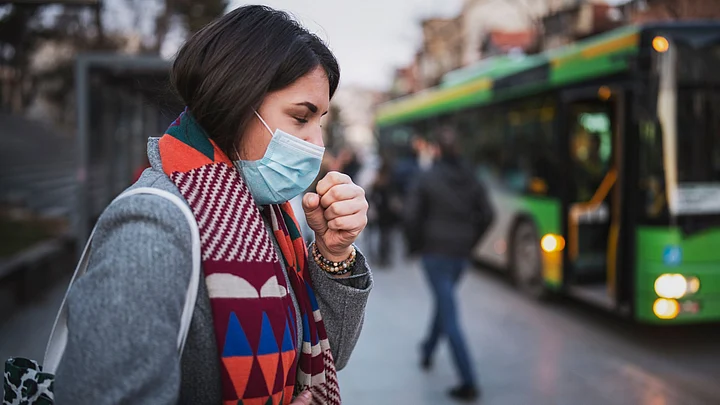As the total number of cases in India soar to 873, the government and ICMR held a press briefing to the media on 28 March, to clarify India’s state of preparedness against COVID-19.
This is a fight we will all fight together, said Lav Aggarwal, joint secretary of Ministry of Health and Family Welfare. The current 21-day lockdown is a measure to achieve social distancing and help break the chain of transmission.
One of the big questions that is on everyone’s mind is about community transmission. Are we there yet?
ICMR’s Dr Raman R Gangakhedkar had this to say:
Is our testing capacity enough?
Yes, says ICMR. “We have ordered and received 5 lakh more probes from the US. IN the labs the current capacity is to test over 1 lakh patients, we have 1 lakh reagents. People can go to the government or private labs.”
ICMR added that their current testing strategy is adequate as we are not yet testing to our full capacity due to a paucity of cases. “We are only testing 30% of our full capacity and have approved 44 private labs today. Yes, the number of tests done is increasing but not that much.”
“We have increased the ICMR testing guidelines to include people with severe acute respiratory illnesses as a precaution,” he added.
“There is no need to increase random sampling,” he insists.
ICMR also addressed today’s news of US-based healthcare company Abbott’s super fast kits saying that the purpose of point-of-care kits is in their simple functionality, but “it shouldn't be that easy that anyone can do it, the general public needs to listen to the advise of professionals for COVID tests.”
“If there comes a time, we will have point-of-care kits too,” he said.
Focus is on Increasing Health Infrastructure Says Govt
Agarwal added that the focus was on improving the current health infrastructure, and creating dedicated COVID beds, hospitals, isolation centres and more.
“We are working with state and union territory governments to identify specific blocks for the same.”
Agarwal repeated that the government’s response is a graded one against the evolving situation.
Another major concern is on PPEs for healthcare workers and general equipment at hospitals, and for that Agarwal says that they have “ordered 40,000 ventilators for the country and are working on getting PPEs.”
“We are sure we will have increased infrastructure,” says the government.
He spoke about co-morbidity playing a role in deaths.
He added that the government was also focusing on training nurses and doctors on managing and following up with COVID-19 patients and that they were starting online clinical guidance.
Relief for Migrants
The government also responded to the images of migrants walking long distances back to their hometowns.
“We are going to work with state and UT governments to set up relief camps. We want to bring awareness of these camps to migrant workers through technology, public address systems, NGOs and volunteers,” said the government.
“We have allowed inter-state cargo movement,” assured the government.
The home ministry also in conversation with state and UT governments to utlise the state disaster fund relief.
ICMR Says HCQ Only for Healthcare Workers
There has been much confusion about hydroxychloroquine (HCQ) as a prophylactic for high-risk populations such as those in close contact with confirmed cases. On 23 March, the ICMR had recommended the drug as a prophylactic for specific people, but hoarding of the drug has been reported. Addressing this, Gangakhedkar said,
“For now we have been using HCQ if the patient has been admitted with COVID symptoms. Some trials show that if the patient has COVID and HCQ, their viral load reduces.”
“ICMR only gave it to healthcare workers as a testing strategy. We are collecting evidence based on current admitted cases. Once this data is analysed then we will release it to the public. For now, this is not for the general public,” it was clarified.

